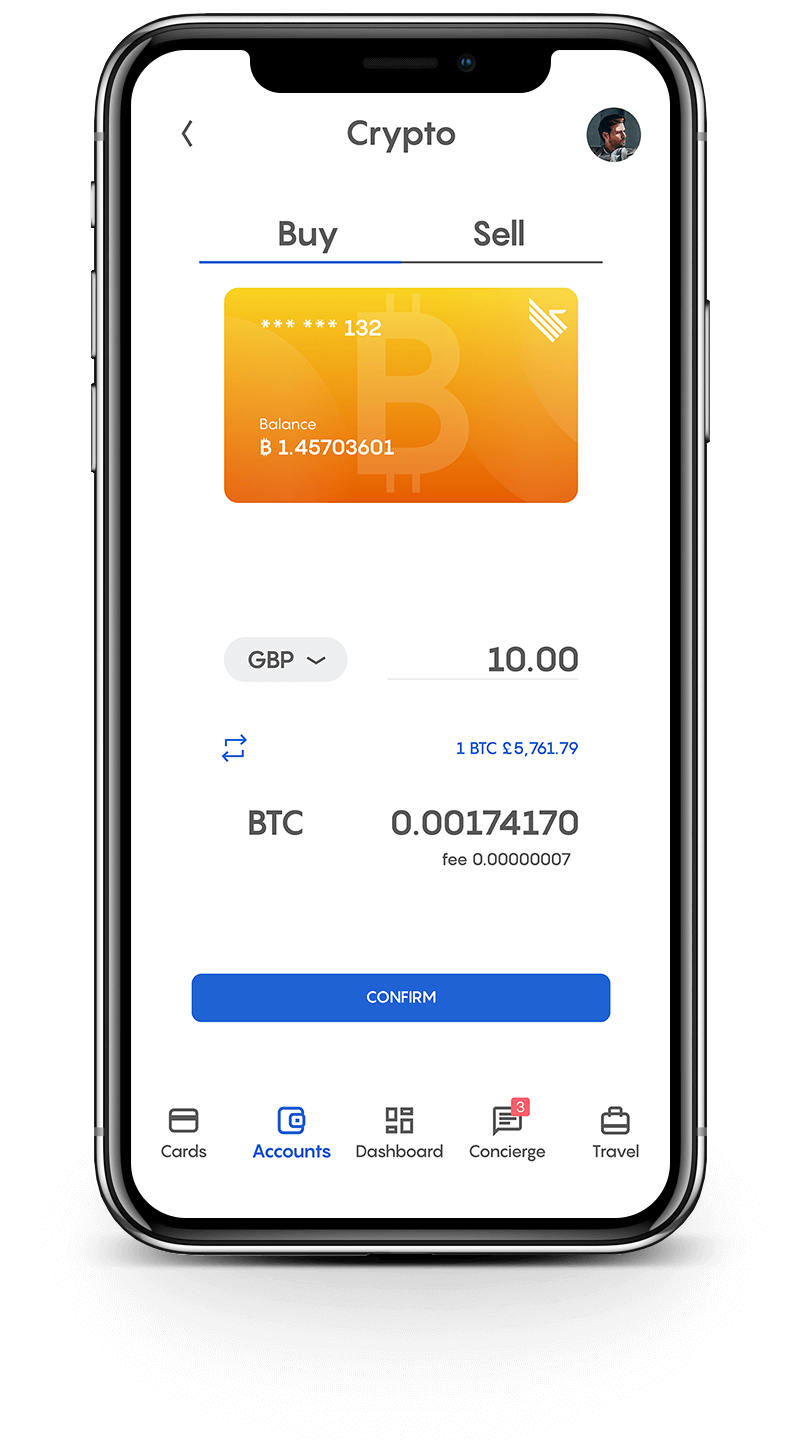Blockchain and its applications present legal challenges that have never been experienced. Indeed, before 2009, it was inconceivable in the mainstream consciousness that a private citizen could even imagine launching a digital currency without applying and getting approvals from at least one sovereign institution.
However, with Bitcoin, the blockchain’s first application, Satoshi Nakamoto pursued the most unconventional regulatory approval process in history—sidestepped almost all legal roadblocks.
They did not meet even the most basic legal requirements, such as identifying themselves and registering a legal entity, which is necessary for anyone intending to offer financial services in nearly all jurisdictions.
Nevertheless, the cryptocurrency has grown in value and use. Millions of people around the world own part of it, and billions worth of value is held in it. Even more, other cryptocurrencies have joined the market.
Meanwhile, laws have had to change to accommodate Bitcoin and other cryptocurrencies. In many countries, cryptocurrencies have been declared legal. Meanwhile, in some like El Salvador and the Central Africa Republic, Bitcoin has been recognized as legal tender.
But Bitcoin, and cryptocurrencies in general, have turned out to be only the first of many applications of the blockchain technology. The list continues to grow, and hardly any major industry is left out.
And like with Bitcoin, every other application that has been launched on top of blockchain has raised serious questions. That includes how the law should treat it and, in particular, how its intellectual property should be managed.
That has been the case with non-fungible tokens (NFTs), which many believe could turn out to be one of the most disruptive applications of blockchain.
What exactly is an NFT?
A non-fungible token (NFT) is a unique and sovereign digital asset on the blockchain. Non-fungibility makes it unique as one asset is never the same as the next one, even when created using the same smart contract.
The asset is sovereign because it exists independent of any centralized service provider, and whoever owns it has full control. In addition, its ownership is primarily transferable in peer-to-peer transactions.
An NFT could be an image, video, or metadata that establishes the identity of a real-world asset such as a property. From these three basic types of NFTs, over ten further subtypes exist.
The legality of fungible tokens
The existence of non-fungible tokens points to the existence of fungible tokens.
The latter category comprises tokens on the blockchain that exist in numerous identical units. Cryptocurrencies like Bitcoin and utility tokens like Storjcoins used on the cloud storage network Storj are examples of fungible tokens on the blockchain.
The legality of fungible tokens is mostly based on the function of the specific token. For example, one brand of ERC-20 tokens on the Ethereum network can be considered a security, and another created with not only the same standards but a similar smart contract as a utility token.
How the regulators perceive the token determines the type of legal approvals that the developers or startups behind it need to get. For example, issuing utility tokens might require filing fewer applications than when the intention is to issue what the regulators deem security.
The same scenario plays out with non-fungible tokens (NFTs). Besides the technical characteristics, the function an NFT is designed to perform determines how the regulators might perceive it.
And that informs the steps that the asset’s creators, owners, and users might need to take to satisfy the regulators.
More importantly, though, the legal consideration of NFTs goes beyond whether they are legal or not. In several cases, the NFT must be facilitated by the law for its full potential to be realized.
In fact, in a few cases, an NFT will be a useless fancy innovation if there is no change in the law to give it critical authority.
Advertisement
Join Club Swan and get... more!

Buy and sell your crypto at the best rates and spend them or transfer them to another wallet. You can seamlessly spend your crypto with the Club Swan card anywhere in the world. Everything from one account, on one platform.
- Buy, sell or store 9 different crypto currencies, including: Bitcoin (BTC), Ethereum (ETH), Litecoin (LTC), Bitcoin Cash (BCH), Tether (USDT), BAT, Paxos (PAX), USD Coin (USDC) and EOS.
- Low fees from 0.5%*.
- One simple rate for buy and sell. No hidden margin built into our prices.
- Seamlessly spend your crypto with the Club Swan card.
- Turn your crypto into traditional currencies.
- Quick and simple wallet to wallet transfers.
- Free transfers between Club Swan members.*
- 24/7 Customer support.
Club Swan's flexible account gives you access to multiple traditional currencies, live real time exchange rates, bank transfers and an elegant metal card allowing you to spend in more than 150 currencies around the globe.
- Live traditional currency exchange rates.
- Bank transfer exchange rates typically 4-8% better than high street banks.
- USD, GBP, EUR, CNY, and JPY accounts*.
- Transfer funds in and out of your account with SEPA/SWIFT/Faster Payment/Fed Wire Payments.
- Spend 150+ traditional currencies around the globe with Club Swan card.
- International ATM withdrawals.
- Daily ATM withdrawal limit $1,500.
- High account limits.
- Free transfers between Club Swan members*.
- FCA regulated for your peace of mind**.
- 24/7 Customer support.
Save precious time and money. Use your Club Swan virtual assistant for your travel needs. We also offer personal shopping, VIP event access and unique experiences.
- Save up to 40% on flights and holidays.
- Exclusive negotiated rates on First and Business class airfares.
- Private transfers.
- Luxury car rentals.
- Personal shopping assistant.
- Luxury product procurement.
- Concert tickets.
- Activity experiences.
- Event access.
- VIP dining & restaurant bookings.
- Private event & party coordination.
- 24/7 live chat concierge support.
Law and different types of NFTs
To understand whether an NFT is legal, what approvals it needs from regulators, or what changes in the law require to make it functional, you have to establish its nature and, in particular, what it is designed to achieve.
For this purpose, NFTs fall into six broad categories. Let’s explore each of these categories:
Digital Artwork NFTs
These are digital creative works that are pleasing to look at, listen to, or both at the same time. They are thought-provoking and bring emotions out of us. In some cases, they help us manipulate and exploit virtual worlds. Some offer the means through which we can express ourselves.
Some NFTs in this category are digitized versions of paintings. Others are images, videos, and audio captured from the environment using electronic devices.
Another type of NFT that can fall into this category includes video gaming assets such as characters, skins, and weapons. There are also the NFTs minted from big sporting moments captured on camera, such as Michael Jordan dunking.
Meme NFTs minted from the growing virtual fashion industries can easily fall into this category as well.
The value of the NFTs in this category is mostly aesthetic, sentimental, and instrumental.
It is generally legal to mint, own, and trade the NFTs in class. Of course, specific assets based on the content and the message they express might be considered legally or morally unacceptable in some countries. That applies to digital content in other formats.
Also, NFTs in this category do not need the change in the law as a critical component to them being useful or valuable.
With that being the case, a few legal aspects could need clarification. One of those has to do with copyright ownership and intellectual property rights.
To mint most NFTs in this category, one needs primary material, such as images, video, or audio. Of course, it is still a clear requirement that one needs to own the copyright or have permission to use such material.
What is not clear at this point, however, is the point at which the intellectual property rights of the NFT itself change ownership. Is it transferred the moment the NFT is sold? Does the creator continue to hold the IP rights even after they have sold the NFT?
One way this problem could be fixed is to have the law recognize the terms in the smart contract that guides the existence of the NFT. This means that once someone sells an NFT, the law deems the price paid to include that of the copyrights.
Music NFTs
Music NFTs do not need to be declared legal by any law. That is because this can easily be recognized as a new format for storing and consuming music. These NFTs do not need the law to change to facilitate their full potential.
However, the law needs to acknowledge how blockchain changes the relationship between music creators and consumers. In the conventional arrangement, the creator owns the music and only leases it to consumers.
For example, the music on YouTube is still the creator’s content, and you pay indirectly to listen to it by watching the ads accompanying it. On platforms like Spotify, you pay the creator directly through the platform to listen to the music. The creator or platform can remove it at any time, and it will cease being accessible.
When music is published as NFT, the consumer buys and owns a copy. The moment they pay for it, the creator ceases to have any control over that particular copy. The creator can remove their music from all platforms, but the consumers who bought it as NFT will still have it.
As with digital artworks, music consumed as NFTs raises a legal question regarding copyright and intellectual property rights. In particular, the law needs to clarify whether the consumer gains intellectual property rights and can sell the music to others as if it is theirs.
Collectible NFTs
An NFT that is a collectible is sold as the only existing copy. For example, the Once Upon a Time in Shaolin album by Wu-Tang Clan is a collectible as, at any time, only one consumer owns it. Event tickets minted on the blockchain can also fall in the same category.
The NFTs in this category do not need to be declared legal. Besides being digital, they are not any different from physical coins, cards, and even stamps that people buy and keep as rare collectibles.
Therefore any law that guides the trading and ownership of physical collectibles can easily apply to collectibles on the blockchain. Indeed, even copyright and intellectual property rights might not require legal clarification.
Of course, digital collectibles do not need any law to facilitate the achievement of their full potential.
Real-world asset NFTs
The NFTs in this category are mostly metadata with identity and representation of real-world assets such as a house or cars. In other words, it is proof of ownership on the blockchain.
Land and motor vehicle titles could be minted as NFTs, making them more efficient, secure, and private. The NFT-based registry system can take the place of the centralized systems or supplement them.
In addition to more efficiency, security, and privacy, managing physical assets such as real estate on the blockchain can unlock more opportunities. For example, it could reduce costs and make the markets more liquid.
For these new asset management systems to work, however, the law must be changed to recognize them. It is very easy to create NFTs that represent property titles. However, they can only have a meaningful function if their transactions are recognized by existing registries and are enforceable in courts.
Domain name NFTs
This is based on a system on the blockchain that serves as a domain registry instead of centralized companies. This means domains, once created, unless through the actions of the owner (not inaction such as non-renewal), will never go out of existence.
What happens instead is that they become assets that can be traded peer-to-peer. The actual registration of domains as NFTs might not require much approval or change in the law.
Indeed, this category needs the least change in the law. However, in some countries, laws guiding the registration and ownership of domains, such as those designed to stop domain squatting, may need to be changed.
Such laws might need to be updated, especially since it might be difficult to determine who owns the domains as there is no central company to supply that information.
Tokenized portfolio
It is becoming common to tokenize investment portfolios and mint them into NFTs. The portfolios could be of traditional stocks or blockchain assets such as crypto and tokens.
This use of NFTs might need to be declared legal. It might be illegal to bundle and trade investments in particular ways. In the US, for example, such NFTs might need to meet the strict requirements of the financial regulators such as the Securities Exchange Commission (SEC).
Indeed, the legality of an NFT can only be decided based on the characteristics of a particular asset and the functions it is designed to perform. The steps the regulators can take include nothing, declaring them legal, or creating laws that facilitate their use.
Image courtesy of Pixabay.




